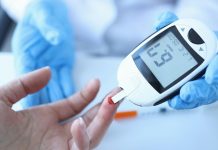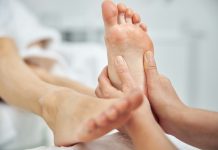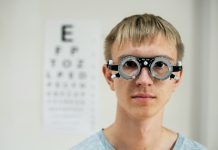
Scientists from the University of Hertfordshire found a strong link between poor sleep and a greater risk of pre-diabetic patients developing type two diabetes.
The research is published in the Journal of Diabetes and Vascular Disease Research and was conducted by Dr. Lindsy Kass et al.
In the study, the team asked 40 patients to evaluate their sleeping patterns, including the quality and duration of their sleep.
Somebody who experiences poor sleep might have difficulty falling asleep, wake up during the night or struggle with their breathing.
All the participants had been clinically diagnosed with pre-diabetes, which means their blood sugar is higher than normal and they are already at greater risk of developing the condition.
The research team found a strong link between poor sleep and an elevated hemoglobin A1c (HbA1c) level, which indicates high blood sugar. The higher the HbA1c level, the higher the risk of developing diabetes.
The team says there is now more of an emphasis on preventing disease, particularly long-term chronic conditions like diabetes.
Although the link between poor sleep and diabetes is well known, scientists know less about how poor sleep could trigger the disease in patients who have been clinically diagnosed as pre-diabetic.
For pre-diabetic patients, a lifestyle change including diet, more physical activity and weight loss, can reduce the risk of developing type two diabetes.
According to the research, improving sleep could also help prevent this serious condition.
Therefore, understanding the patient’s quality of sleep, alongside existing measures such as body mass index, will allow clinicians to make better-informed choices when treating pre-diabetic patients.
If you care about sleep, please read studies about dinner time that can affect your blood sugar control, and this exercise can help you sleep better.
For more information about sleep, please see recent studies about the cause of sleepiness in Alzheimer’s disease, and results showing this new drug could reduce symptoms of sleep apnea.
Copyright © 2022 Knowridge Science Report. All rights reserved.



